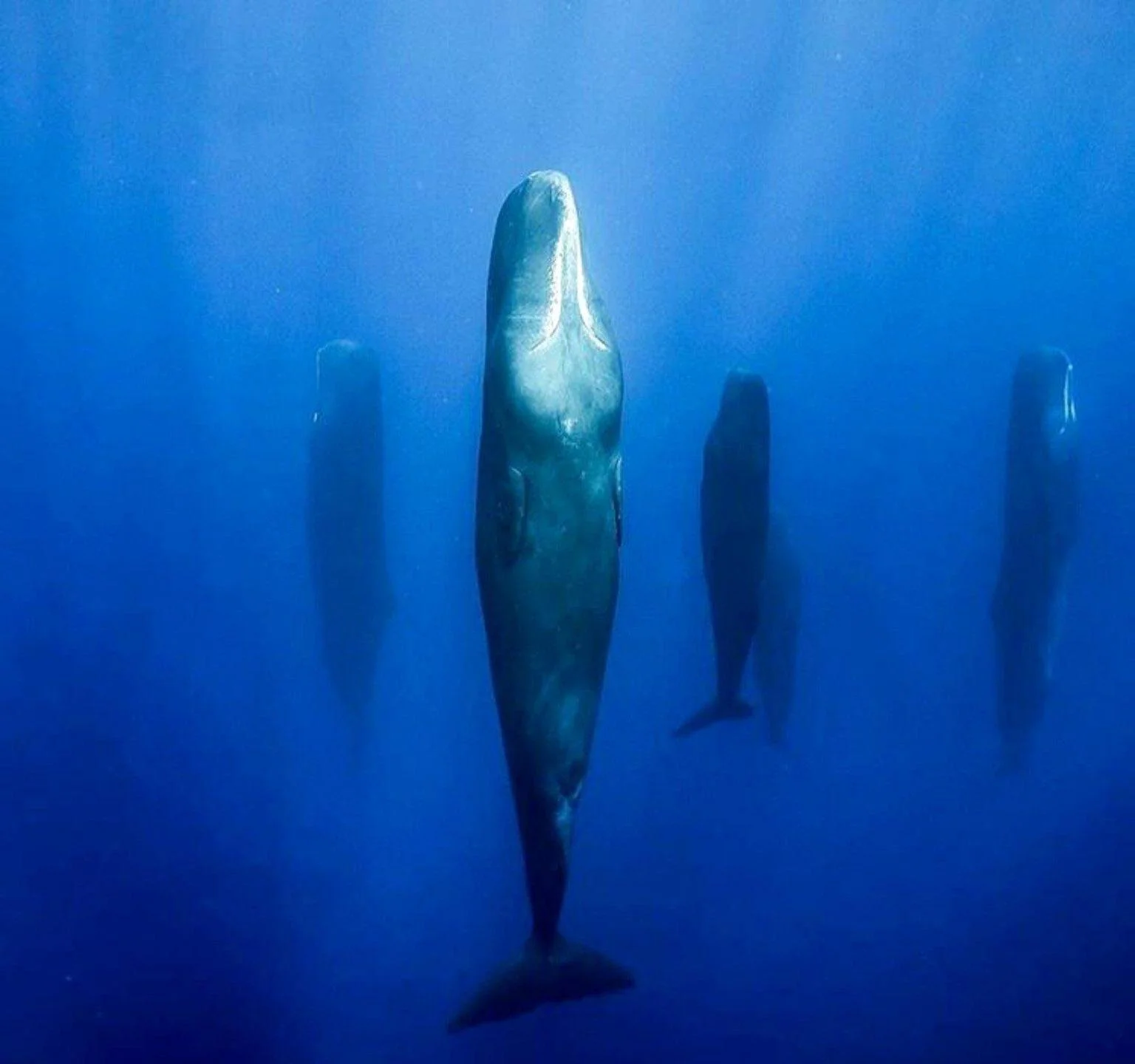Lying on the massage table, hands working my feet and another set of hands on my head, I was in sensory heaven. For more than fifteen years I’ve been driving up to the beautiful Northshore of Oahu to meet with my naturopath, a deeply intuitive healer whose check-ups, at least for me, include bodywork. Because my appointment was at the end of the day, my naturopath invited a young acupuncturist who worked in the offices to join my healing session. (The “offices” were a cozy wooden building nestled on a lush 2-acre plot that included gorgeous free roaming chickens, luscious avocado and lime trees, and a flourishing organic garden.). Would I mind? Two sets of strong feminine hands kneading out my stress, delivering my muscles a taste of nirvana? Could it possibly get any better?
But something happened in the middle of that experience that quietly rocked my world. I had a revelation. Not a conceptual one – not a good idea in the head – but a sudden and startling aha deep in my body. Eyes closed, I suddenly realized I was living too shallow, too surface – and I needed to live deeper. It was such a quiet aha, floating within this delicious visceral experience, that I almost overlooked it. But as with any genuine realization, it cannot be overlooked or dismissed. It appears, like a burst of sunlight, illuminating something that has been sleeping too long in the dark.
For days afterward, weeks, and months, all I kept hearing was live deeper.
So many of us live in the shallows, on the surface of things, where it’s busy and exciting and noisy and active and incredibly distracting. Being invited to drop down from that boisterous surface level - to go deeper where the waters are much stiller - where life moves so much slower - where it is so much quieter - that’s what was being asked of me, that’s what I was being called “to do.”
Yet “doing” can be the very antithesis of living deeper. “Doing” is often a means to an end, a goal-oriented drive. Busyness and doingness seem like happy bedfellows. For me they’re mostly filled with a conscious (or unconscious) frantic energy of distraction.
The question becomes… distraction from what?
When I think of living deeper, it’s about a willingness to sink into the depths of my life, of Life itself; to descend into “the silence beneath the sound” as Eckhart Tolle calls it; to the deepest part of the vast ocean, where movement cannot be rushed, where there is a visceral, sensory, womb-like pressure surrounding everything. It’s the depths where the biggest brains on the planet reside – the blue whale and the sperm whale. (The extraordinary photo seen here show sperm whales sleeping vertically!) If I imagine living as deep as possible, it requires a powerful slowing down of absolutely everything. It “requires” just being.
And I think for many of us (certainly for me) “doing nothing” or “just being” can be scary.
Our whole culture is built around busyness and pushing and driving and rushing and accomplishing. Practically everything we do is a means to an end. Rarely is anything at all just for itself. Sitting and listening to birds for no reason at all. Folding laundry with no future (or past) agenda. Allowing the day to unfold instead of trying to make everything happen.
It’s an ongoing invitation for me. The shallows can be so damn exciting. Crashing waves, boats going by, birds diving for fish, swimmers splashing, sunlight, rain drops, thunder - the sensory stimulation is endless.
Up until that moment on the massage table I didn’t realize I had been bobbing on the surface for so long. And I had no idea what it truly meant to live deeper.
But these days I’m having more and more moments released from an outer focus, released from the seductive siren-call of the splashy shallows. It’s getting easier. And to be quite honest, I’m starting to enjoy it.












